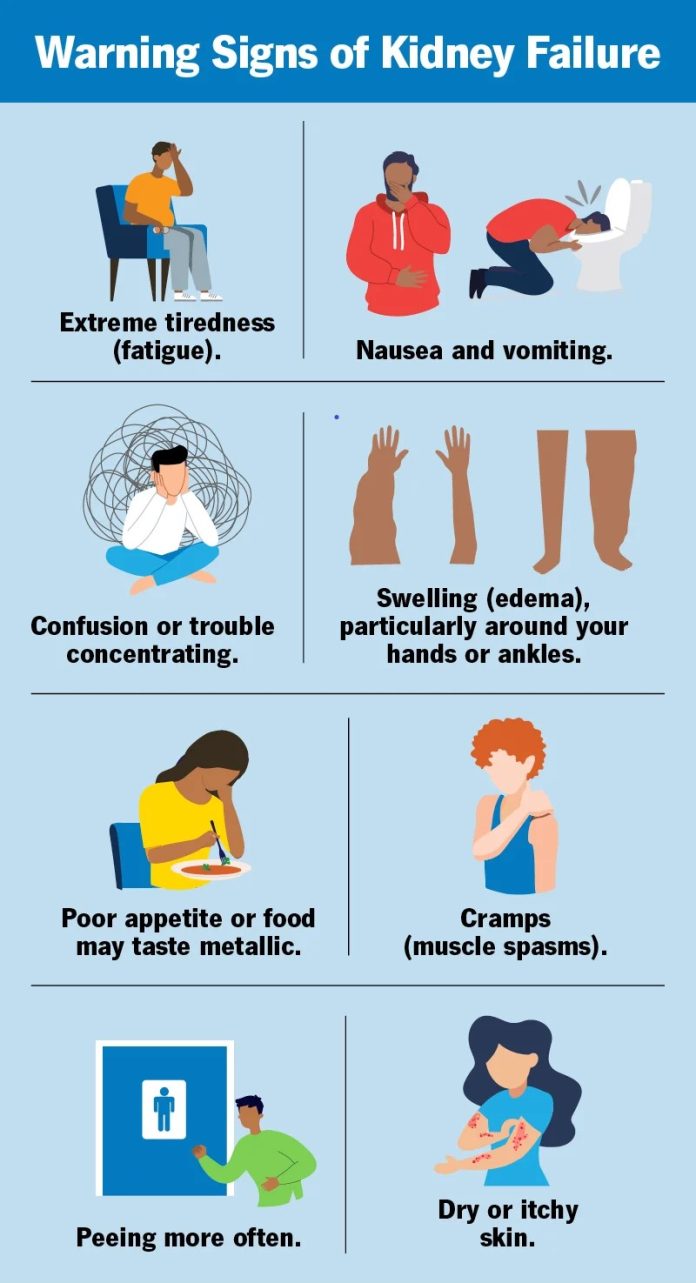The Federal Government is set to launch national policies and guidelines on organ transplants owing to several cases involving unethical practices in organ donation and transplantation.
The move was revealed by the Coordinating Minister of Health and Social Welfare, Prof. Ali Pate, on Saturday during the Living Kidney Donor Day event organised by Nisa Medical Group in Abuja.
Pate, who was represented by the Head of the Trauma and Emergency Disaster Response Division, Department of Hospital Services, Kamil Shoretire, noted that 843.6 million persons around the globe were suffering from chronic kidney diseases as of 2017.
Pate stated that new national guidelines on organ transplants would soon be introduced while expressing concerns about the increasing cases of kidney problems and unethical practices in organ transplants in the country.
The minister stressed the necessity of investing in awareness campaigns and equally commended the Nisa Medical Group for the initiative aimed at preventing kidney-related health issues among the people.
“The number of patients affected by chronic kidney disease has also been increasingly affecting an estimated 843.6 million individuals worldwide as of 2017.
“In Nigeria, the leading causes of kidney disease are high blood pressure, hypertension, diabetes and infection causing inflammation in the kidneys, glomerulonephritis which can be caused by several other agents,” he said.
Pate stated that the FG is committed to the health initiative, saying, “So we strongly associate with what we are doing today and pledge to support such initiatives moving forward.
“It’s time for renewal. It is also a time for optimism. It’s time for renewal. It’s also a time for optimism given that what we know has happened in the past and what is even going on around us now in the news on social media.”
The Chief Executive Officer, Nisa Medical Group, Ibrahim Wada, in collaboration with the Clarion Call Care Foundation, urged the FG to present the guidelines on the initiative while calling for all hands to be on deck.
Wada, who has been involved in the transplant field and working with living kidney donors for about 10 years, stressed the importance of celebrating those who selflessly choose to donate their organs without financial motivation.
“Let those who do it understand that the world is watching us and we cannot be at the bottom of the ladder, we can be leaders in this.
“The Nigerian Kidney Transplantation Programme can be above board like any other. We need the Federal Government with the guidelines.
“Woe betide those who will not follow the guidelines and what is to be done because the government has the regulatory power and the power to act against those who err in doing those things,” Wada stated.
Representing the President, Transplant Association of Nigeria, Prof. Jacob Awobusiyi at the event; a Consultant Physician/Nephrologist and Head of the Nephrology Unit at Aminu Kano Teaching Hospital, and Vice President of TAN, Prof. Aliyu Abdu, said, “In terms of manpower, we produce for others, there are many Nigerians in the UK, US, Middle East and elsewhere that are doing transplants. So in terms of capability and capacity to do organ transplantation, we have enough manpower that do that, and we even produce for others.
“However, doing organ transplantation in Nigeria, there are a lot of challenges. The private sector was able to overcome most of these challenges and they have done several transplants.
“For instance, for kidney transplant, there are about 15 centres in Nigeria that are doing kidney transplant, 2 centres that are doing bone marrow transplant and 2 for corneal transplant.”
The Nephrologist called for improvements in infrastructure, government policy, and financing, among others to better the initiative.
He said, “For the kidney transplant, the majority of the centres that are active now, more than six or eight are private while only two or three public hospitals are actively transplanting or offering kidney transplantation in Nigeria.
“If the government is interested, they can select one or two or a minimum of six, one in each geopolitical zone and equip it to the maximum, so that transplant tourism will stop.
“If you look at the money Nigerians spend going outside for this transplant, it’s more than enough to invest in our own centres and will attract people from our neighbouring countries to come to Nigeria and do the transplant.”


